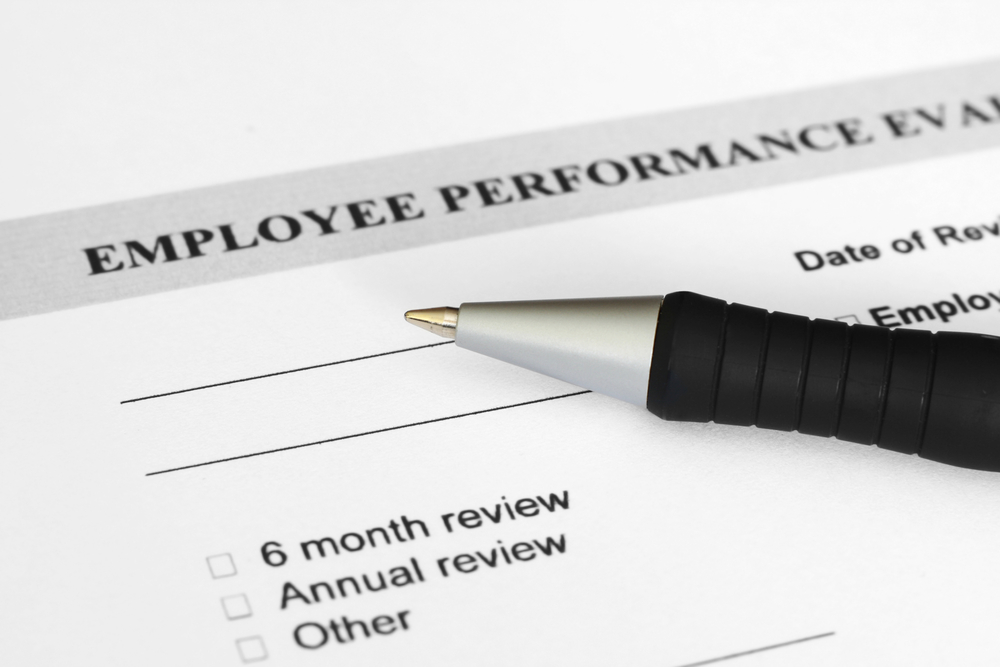The successful operation of any organisation depends primarily on using the full potential of its workforce. This means that certain criteria need to be met which are to the benefit of both the organisation and its employees, and requires a strategy to be put in operation to achieve this aim.
The aim of appraisals should always be positive and should comprise of some discussion about past performance, but the main focus should be on future development.
They best way to hold an appraisal is to have a discussion with the employee. Set aside sufficient time to have a meeting where there will be no interruptions.
Paying too much attention to their past performance, particularly where it has not been up to scratch, may sound to the employee like he is being reprimanded and this is not the purpose of an appraisal. The employee should also appraise their own performance – they are in the best position to identify their strengths and weaknesses.
Don’t spring any surprises on the employee during the meeting. If you have concerns about the employee’s conduct or capability, don’t store it all up and use the appraisal meeting as a way of offloading your concerns. Where you aren’t happy with performance, bring it up with the employee as and when your concerns arise. It is important to remember that an appraisal is not a disciplinary hearing.
Discuss together reasonable targets and objectives for future performance/output, and where appropriate, suggest training opportunities to help them get where you want them, and where they want themselves, to be.
Arguably the most important factor for an employer to remember about appraisals is to follow up any actions that are decided on during the meeting. Employees will lose respect in the process if they feel their effort was arbitrary and that the employer doesn’t take their own role in their advancement seriously.
Further reading on employees
- How to stop your employee from revolting – If you can identify and iron out workplace wrinkles, you wlll have a happier and more productive team.
- Staff Appraisal Templates and Forms – Online resources and example documents





